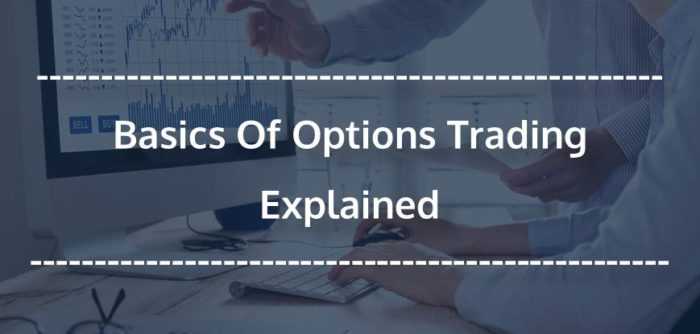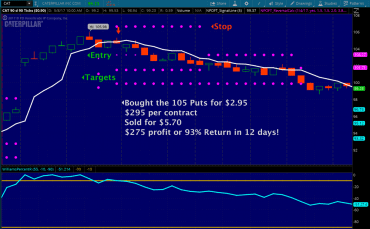
All the phrases that you’ll meet in the stock, Forex, and currency markets are explained. Especially for the options trading.
By Guy Avtalyon
Market dictionary and jargon can be confusing for people that just enter any market. Here you’ll find the meaning of most used terms. Each area has its own specific vocabulary and jargon.
If you want to participate in the stock market, you should also know some basic terms and jargon. In front of you is the short market dictionary and jargon.
Of course, in order to understand better what they are talking about. So, here you can find a Market dictionary with basic terms
LONG – meaning in the market dictionary
Describes a position (in stock and/or options) in which you have purchased and own that security in your brokerage account. Let me explain, if you have to buy the right to buy 100 shares of a stock, and are holding that right in your account, you are long a call contract.
If you have to buy the right to sell 100 shares of a stock and are holding that right in your account, you are long a put contract. Say, you have purchased 1,000 shares of stock and are holding that stock in your brokerage account, or elsewhere, you are long 1,000 shares of stock.
When you are long an option contract: you have the right to exercise that option at any time prior to its expiration and your potential loss is limited to the amount you paid for the options contract.
SHORT
Describes a position in options in which you have written a contract (sold one that you did not own). In return, you now have the obligations in terms of that option contract. If the owner exercises the option, you have an obligation to meet. And you have sold the right to buy 100 shares of stock to someone else, you are short a call contract.
But, if you have sold the right to sell 100 shares of stock to someone else, you are short a put contract.
What else our Market dictionary can say about this? When you write an option contract you are creating it. The writer collects and keeps the premium received from its initial sale.
If you are short you are the writer of an option contract and you can be assigned an exercise notice at any time during the life of the option contract. All option writers should be informed that assignment prior to expiration is a distinct possibility and your potential loss on a short call is theoretically unlimited.
This means the risk of loss is limited by the fact that the stock cannot fall below zero in price. Although technically limited, this potential loss could still be very large if the underlying stock declines in price.
OPEN – meaning in the Market dictionary
The opening transaction is what adds to, or creates a new trading position. It can be a purchase or a sale.
Opening purchase – a transaction in which the purchaser’s intention is to create or increase a long position in a given series of options.
Opening sale – a transaction in which the seller’s intention is to create or increase a short position in a given series of options
CLOSE
A closing transaction is reducing or eliminating an existing position by an offsetting purchase or sale. The closing purchase is a transaction in which the purchaser’s intention is to reduce or eliminate a short position in the series of options.
This transaction is known as “covering” a short position. The Closing sale is a transaction in which the seller’s intention is to lessen or eliminate a long position in the series of options.
What are LEVERAGE AND RISK in the Market dictionary
Options can provide leverage. That means an option buyer can pay a small premium for market exposure in relation to the contract value (usually 100 shares of the underlying stock).
The investor may have a large percentage of gains from comparatively small, favorable percentage moves in the underlying equity. Leverage also has downside consequences.
If the underlying stock price does not rise or fall as anticipated, leverage can increase the investment’s percentage loss.
Options offer their owners a predetermined, set risk.
But, if the owner’s options expire with no value, this loss can be the entire amount of the premium paid for the option. An uncovered option writer may have unlimited risk.
What is the strike price
In trading, options determine whether that contract is in-the-money, at-the-money, or out-of-the-money.
Say the strike price of a call option is less than the current market price of the underlying security.
Then say, the call means to be in-the-money. Because the holder of this call has the right to buy the stock at a price which is less than the price he would have to pay to buy the stock in the stock market.
If the strike price equals the current market price, the option is said to be at-the-money.
What is Intrinsic value
It is the amount by which an option, call or put, is in-the-money at any given moment.
By definition, an at-the-money or out-of-the-money option has no intrinsic value; the time value is the total option premium.
This does not mean that you can get these options at no cost.
The amount by which an option’s total premium exceeds intrinsic value is called the time value portion of the premium. It is the time value portion of an option’s premium that is affected by fluctuations in volatility, dividend amounts, interest rates, the motions in time.
There are various factors that give options value and affecting the premium at which they are traded. Altogether, these factors determine time value.
These are certainly not the only so-called professional terms on the stock market. This Trading dictionary is just a collection of basic terms. Very soon you will have the opportunity to read the Great Trading
Dictionary, that Traders Paradise is preparing for our readers. But they are some of the most common ones you will meet when you step into this world.



Leave a Reply